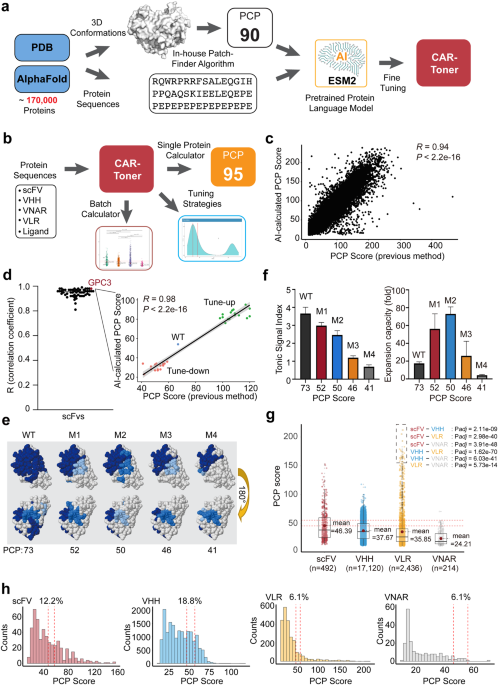
Are Changes in Patient-Reported Outcomes Prognostic For Diffuse Large B-Cell Lymphoma Survival? Results From the GOYA Trial
Source : https://pubmed.ncbi.nlm.nih.gov/38498084/
In this hypothesis-generating analysis, we examined whether longitudinal changes in patient-reported outcomes (PROs), such as symptoms, over time would be prognostic for progression-free survival (PFS) and overall survival (OS) in...
Every 1-point increase (worsening) in fever symptoms was associated with a 41% higher risk of death, and every 1-point increase (worsening) in lumps or swelling symptoms was associated with a 27% higher risk of disease progression/death and a 29% higher risk of death.

Efficacy of Intravenous High-Dose Methotrexate in Preventing Relapse to the Central Nervous System in R-CHOP(-Like)-Treated, High-Risk, Diffuse Large B-Cell Lymphoma Patients and its Effect on mortality: a Systematic Review and Meta-Analysis
Source : https://pubmed.ncbi.nlm.nih.gov/38497149/
Our data indicate that HD-MTX does not prevent, or at best, only slightly reduces the risk of CNS relapse and confers no survival benefit.
These data indicated that high-dose methotrexate only slightly reduces the risk of CNS relapse and confers no survival benefit.
These findings suggest that prevalence of severe COVID-19 among patients with SARS-CoV-2 infection remains high in those with hematologic cancers despite vaccination.

CAR-Toner: an AI-Driven Approach for CAR Tonic Signaling Prediction and Optimization
Source : https://www.nature.com/articles/s41422-024-00936-1
Show authors Cell Research (2024) Cite this article 1697 Accesses 19 Altmetric Metrics Tonic signaling of chimeric antigen receptors (CARs) plays a pivotal role in governing CAR-T cell fitness: inefficient...
This innovative tool is poised to drive forward the CAR T-cell design field toward the next generation, paving the way for AI-powered advancements in CAR T-cell design.
Because long-term effects have yet to be determined, the US FDA recommends that people treated with CAR T-cell therapy receive lifelong monitoring for new cancers.

